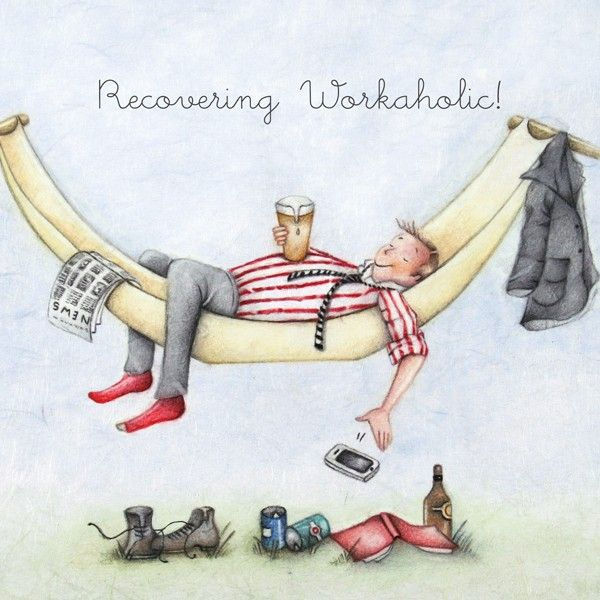Trick the Workaholic in You to Sleep Forever
- Neha Varughese

- Sep 3, 2021
- 3 min read
Today’s world requires everyone to participate in the race of survival by work. Like in movies, we witness many out there probably carrying a cup of coffee or a suit on their hands most days. We even witness rushing through the busy morning streets in a hurry to get to the workplaces. The working clock that ticks at 6 in the morning find its path to rest by evening 7 or sometimes beyond.
With the world growing rich in many aspects, it is rare to find anyone who does not work, simply because all know it is only by working one receives their stipend. This definitely assures their life standards and satisfies their desires. Sometimes, individuals even compromise on their relaxation and health and prepare themselves for overload or overtime work schedules. While this may ensure better pay and a lavish lifestyle, hardly anyone realises how becoming a workaholic affects their precious mental health. Additionally, individuals also use workaholism as a coping tool to deal with depression or anxiety.

Over the years, many research studies have confirmed that the individuals who get burnt out or face death at an early age. Studies also involve families who experience relationship problems or malfunctioned family structures with at least one workaholic member. According to mental health researchers being a workaholic is extremely dangerous because this addiction to work can be toxic. This can also lead one to lose their social lives, interactions, relaxation, or hobbies, and also stem low self-esteem.
When thinking of fixing the threat of workaholism, it is firstly important to identify the symptoms. While varying symptoms can be displayed by workaholics, the common ones include being constantly occupied with work and withdrawing from social interactions. Some of them also include experiencing behavioural problems of bipolar mood swings, concentration difficulties, boredom, or physical symptoms of indigestion, fatigue, headaches, stress, insomnia, and so on. Workaholic individuals can also get addicted to checking their work emails or calls, place work as top priority over other things, have a constant fear of taking off time, and even question one’s self-worth based on work success and failure.

The root causes of workaholism can be understood as the follows:
Cognition: In the cognitive wiring of workaholics occur persistent thoughts and worries about when they do not work. And so, they find it difficult to withdraw their mental engagement from work.
Behavioural: Either due to the expectations or demands set by the organisations or any beneficial incentives offered unknowingly force workaholics to work beyond their set limits.
Motivational: Not all workaholics work extensively because they love to work. To escape from any internal pressures or conflicts they may face, workaholics compel themselves to highly engage in their work even when they do not enjoy it.
It is definitely possible if you ever feel the need to break the cage of workaholism and wish to live a more meaningful and colourful life. Researchers have identified the following ways to battle the web of workaholism. First, it is vital to accept that you are a workaholic and that this identity has been toxic to both your physical and mental health. Second, note the pros and cons of working beyond limits, as the latter will develop a strong sense of the decision to stop workaholism. Third, introspect on the causes of workaholism, as this will help you avoid or stop the factors that lead to work obsession.

Fourth, understand that not working beyond the limits would mean being unproductive. Instead, accept that working as required and taking time off is the highest form of productivity. Fifth, focus on what your priorities are and what/who you value in life. Also, having a better qualitative and quantitative sleep, charting a healthy food schedule, engaging in hobbies or dream jobs, etc., can help one achieve a responsible and lively life. Finally, always cultivate awareness about what is inside and outside of you. This will convert the busy mind to a more observant and conscious one.




Comments